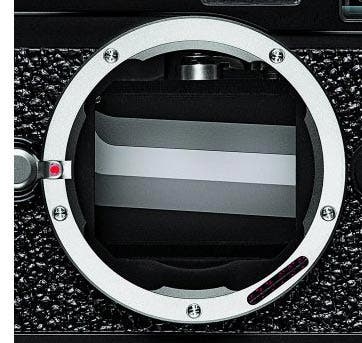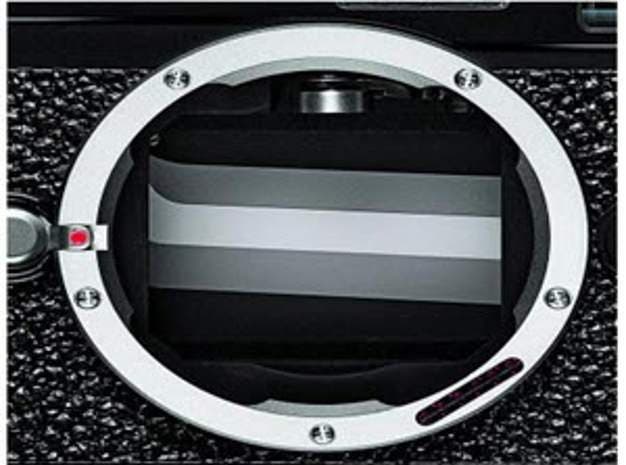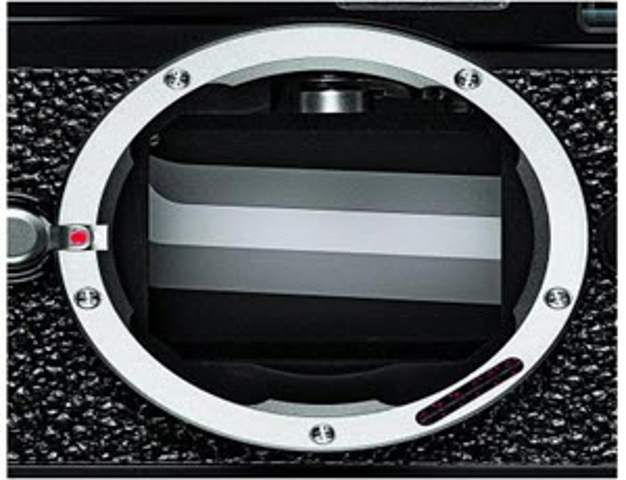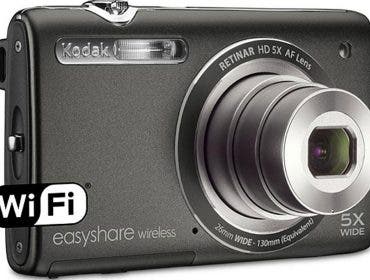
The KODAK KAF-18500 Image Sensor was developed specifically for the newly announced LEICA M9, the latest member in Leica’s legendary M-series of cameras. Enabling a new generation of features and capabilities for this Rangefinder camera, the Kodak sensor provides full-frame image capture, increased resolution, and improved image quality compared to the image sensor used in the previous generation LEICA M8 camera. The M9 is now the fourth LEICA camera to utilize KODAK CCD Image Sensors, building on Kodak’s earlier support of the LEICA Digital Module-R, the LEICA M8 (Leica’s first digital Rangefinder camera), and the new LEICA S2 camera.
“We are honored that Leica has again chosen Kodak to supply image sensors for their latest camera – the new M9,” said Chris McNiffe, General Manager of Kodak’s Image Sensor Solutions group. “This new sensor is the latest example of Kodak’s continued commitment to support a broad range of imaging markets with high-performance image sensors that leverage Kodak’s most advanced CCD technology.”
“In developing the M9 camera, we knew that Leica could not compromise on the quality we would offer to our customers,” said Rudi Spiller, CEO of Leica Camera AG. “By working once again with Kodak to supply the image sensor for this new camera, we helped to ensure that images from the M9 would meet the high expectations our customers have for this exciting new product.”
With over 18-million pixels, the KODAK KAF-18500 Image Sensor enables a new level of image quality and performance for M-series customers. With an image capture area that matches the size of traditional 35mm film, M-series lenses can now be used without the imposition of artificial image cropping. Matching this larger image capture area with the Rangefinder’s unique optical design required a redesign of both the sensor’s pixel and microlens configuration compared to the sensor used in the M8 camera, which Kodak was able to achieve without compromising on Leica’s stringent image quality requirements. In addition, the sensor incorporates a new IR-absorbing cover glass as well as a new red color pigment for improved color fidelity and improved image quality.



